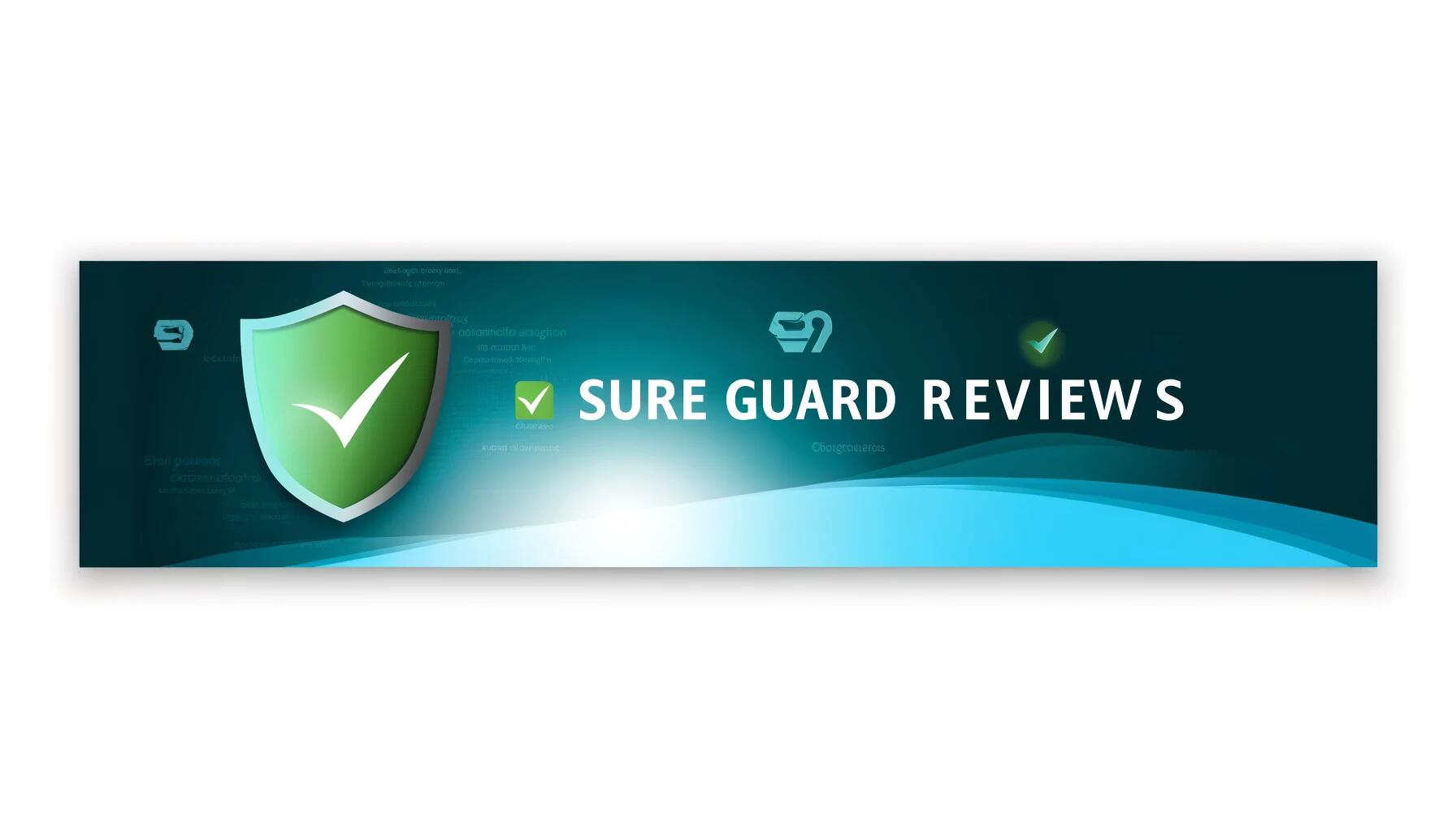Mastering Brand Reputation Management: Key Strategies and Tips
In the digital age, a brand’s reputation is its most valuable asset. The perception of your brand in the public eye can determine your business’s success or failure. With the internet enabling information and opinions to spread rapidly, mastering brand reputation management is more important than ever. Here, we offer essential strategies and tips to help you maintain a positive brand image and navigate through potential reputation crises.
1. Establish a Solid Online Presence
Creating and maintaining a strong online presence on relevant social media platforms and your company website is the foundation of good brand reputation management. Consistently communicate your brand values, share quality content, and engage with your audience to build trust and loyalty among your customers. A strong online presence can help you control your narrative and mitigate negative perceptions quickly.
2. Monitor Your Brand’s Online Reputation
Regularly monitoring what is being said about your brand online is crucial. Utilize social listening tools to track mentions across social media, review sites, and forums. By staying informed, you can understand public sentiment towards your brand and address negative feedback or misinformation proactively, before it escalates into a larger issue.
3. Encourage Positive Reviews
Positive reviews are a potent tool in shaping your brand’s online reputation. Encourage satisfied customers to share their experiences on your website and social media channels, as well as review sites relevant to your industry. Not only do these reviews build credibility, but they also counterbalance negative feedback. However, make sure that this process is authentic; never buy reviews or deceitfully manipulate your brand’s image.
4. Responsive and Transparent Communication
In the event of a setback or crisis, transparency and prompt communication are key. Address issues head-on by acknowledging the problem, apologizing if necessary, and outlining clear steps towards resolution. This approach not only mitigates damage but can also enhance your brand’s credibility and consumer trust in the long term.
5. Learn from Every Crisis
Every brand reputation crisis offers valuable lessons. Analyze what went wrong and why, then use these insights to strengthen your reputation management strategy. This could involve improving certain business practices, enhancing customer service, or updating crisis communication plans. Learning from these experiences is essential for preventing similar issues in the future.
6. Foster a Positive Workplace Culture
The attitudes and behaviors of your employees can significantly impact your brand’s public image. Foster a positive workplace culture where employees feel valued and motivated. Happy employees are more likely to share positive aspects of their work life on social media, which enhances your brand’s reputation by association. Additionally, investing in employee training on social media best practices can prevent negative posts that could harm your brand image.
7. Embrace Corporate Social Responsibility (CSR)
Today’s consumers are increasingly looking to support brands that contribute positively to society. Embrace initiatives that align with your brand values and communicate these efforts through your marketing channels. Effective CSR can significantly enhance your brand reputation, earning you the loyalty of socially conscious consumers.
Conclusion
Mastering brand reputation management requires a multifaceted approach that includes establishing a credible online presence, monitoring and responding to feedback, fostering positive internal and external relations, and learning from past crises. By employing these strategies, you can protect and enhance your brand’s reputation, ensuring long-term success and sustainability in the market.
